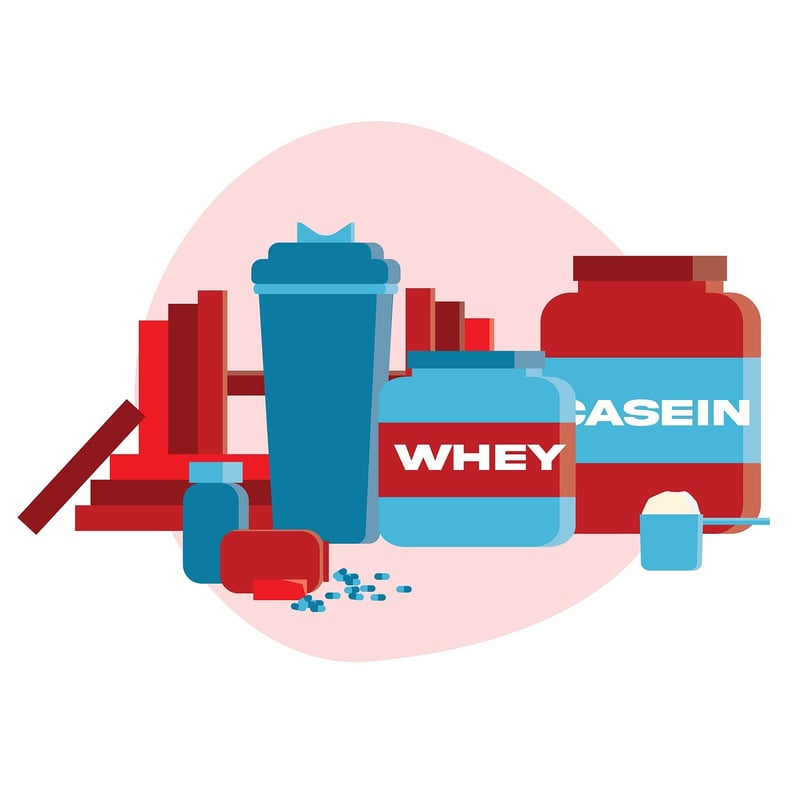Balanced Diet Plans
#Nutrition
#Diet
#Healthy Eating
Guidance on Healthy Eating and Balanced Diet Plans
The Importance of Healthy Eating
Eating a balanced diet is crucial for maintaining good health and overall well-being. A healthy diet provides the necessary nutrients, vitamins, and minerals that your body needs to function properly. It can help prevent chronic diseases, boost your immune system, and improve your energy levels.
Key Components of a Balanced Diet
A balanced diet consists of a variety of foods in appropriate proportions. Here are the key components:
- Fruits and Vegetables: Rich in vitamins, minerals, and antioxidants.
- Proteins: Found in meat, fish, eggs, nuts, and legumes for muscle repair and growth.
- Whole Grains: Provides fiber and energy.
- Dairy or Dairy Alternatives: Source of calcium and vitamin D for bone health.
- Healthy Fats: Found in nuts, seeds, and avocados for brain function and heart health.
Creating a Balanced Diet Plan
Here is a sample balanced diet plan to help you get started:
- Breakfast: Oatmeal with fruits and nuts.
- Lunch: Grilled chicken salad with a variety of vegetables.
- Snack: Greek yogurt with honey.
- Dinner: Baked salmon with quinoa and steamed broccoli.
Additional Tips for Healthy Eating
- Avoid processed foods high in sugar, salt, and unhealthy fats.
- Stay hydrated by drinking plenty of water throughout the day.
- Limit your intake of sugary beverages and opt for water or herbal teas instead.
- Practice mindful eating and listen to your body's hunger and fullness cues.
- Plan your meals ahead of time to make healthy choices easier.
Conclusion
By following a balanced diet plan and incorporating healthy eating habits into your lifestyle, you can improve your overall health and well-being. Remember to consult with a healthcare provider or a nutritionist for personalized advice based on your individual dietary needs.


